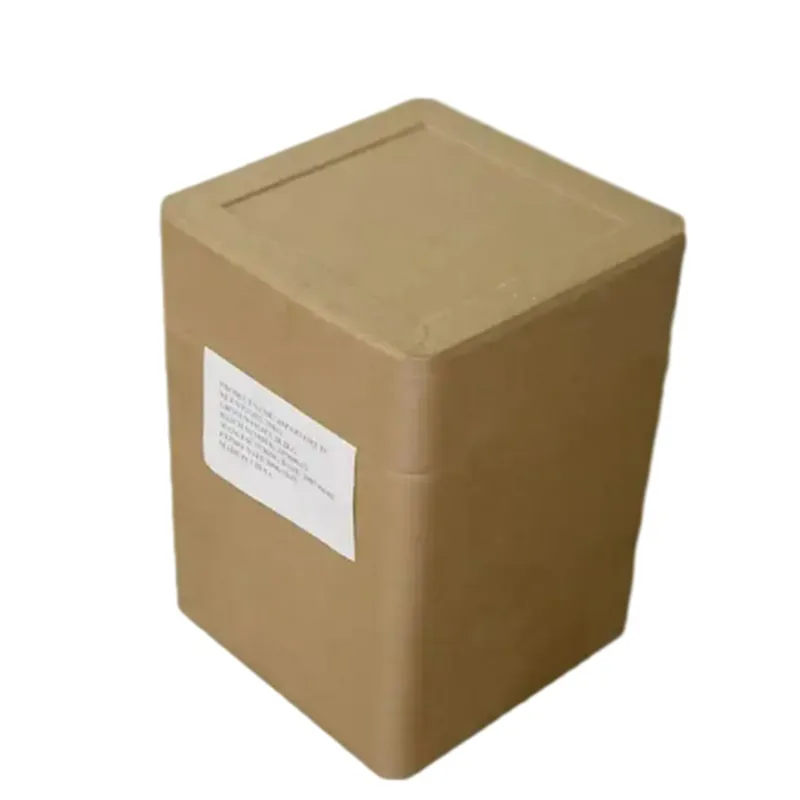Cattle, much like humans, need iron for the formation of hemoglobin, a protein in red blood cells that transports oxygen throughout the body. When cattle do not receive adequate iron, they can develop conditions such as anemia, which can cause fatigue, weakness, and reduced productivity. Furthermore, iron deficiency can impair the immune system, making cattle more susceptible to diseases and infections. Therefore, ensuring that cattle receive sufficient iron is essential for maintaining their health.




